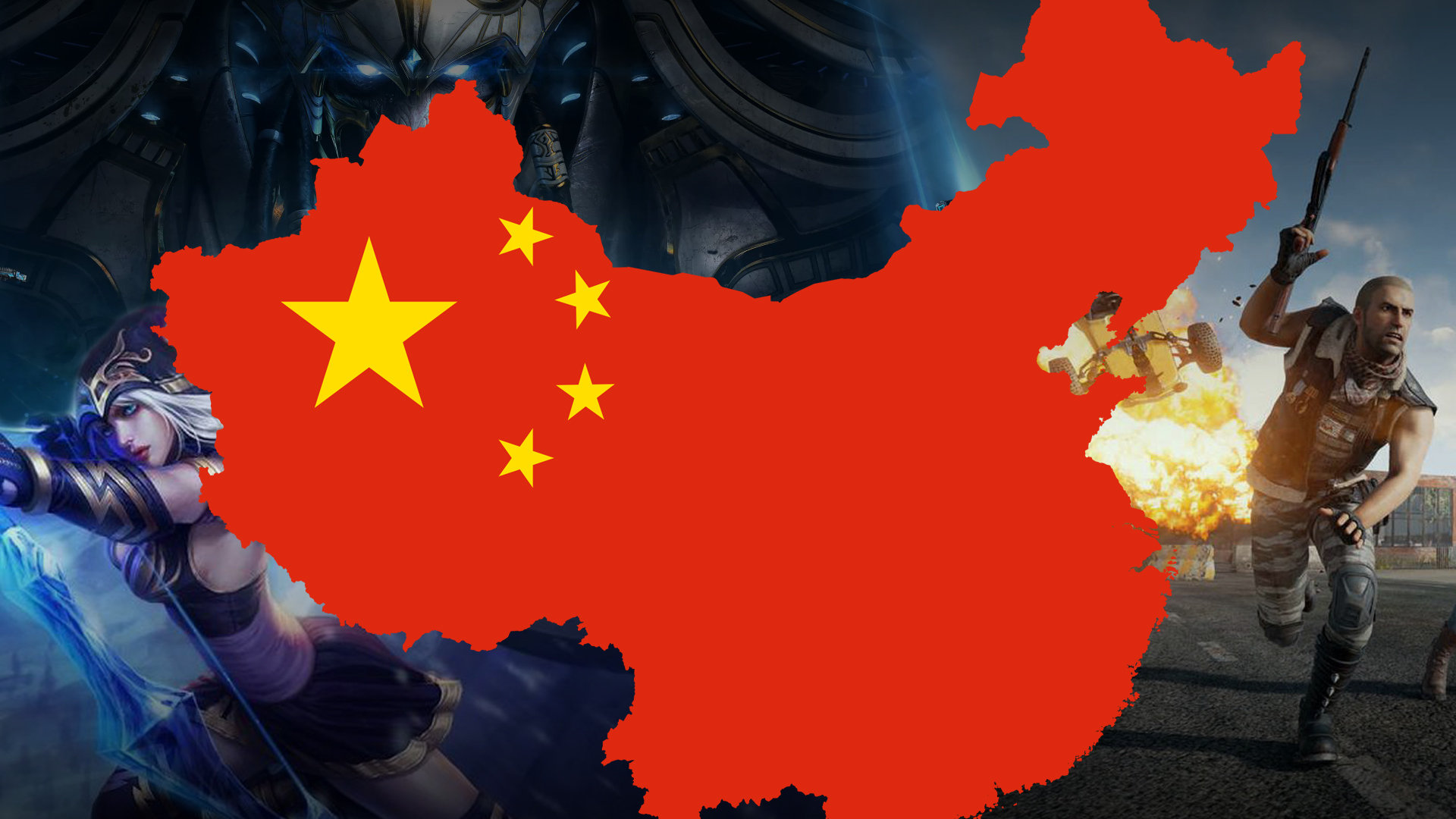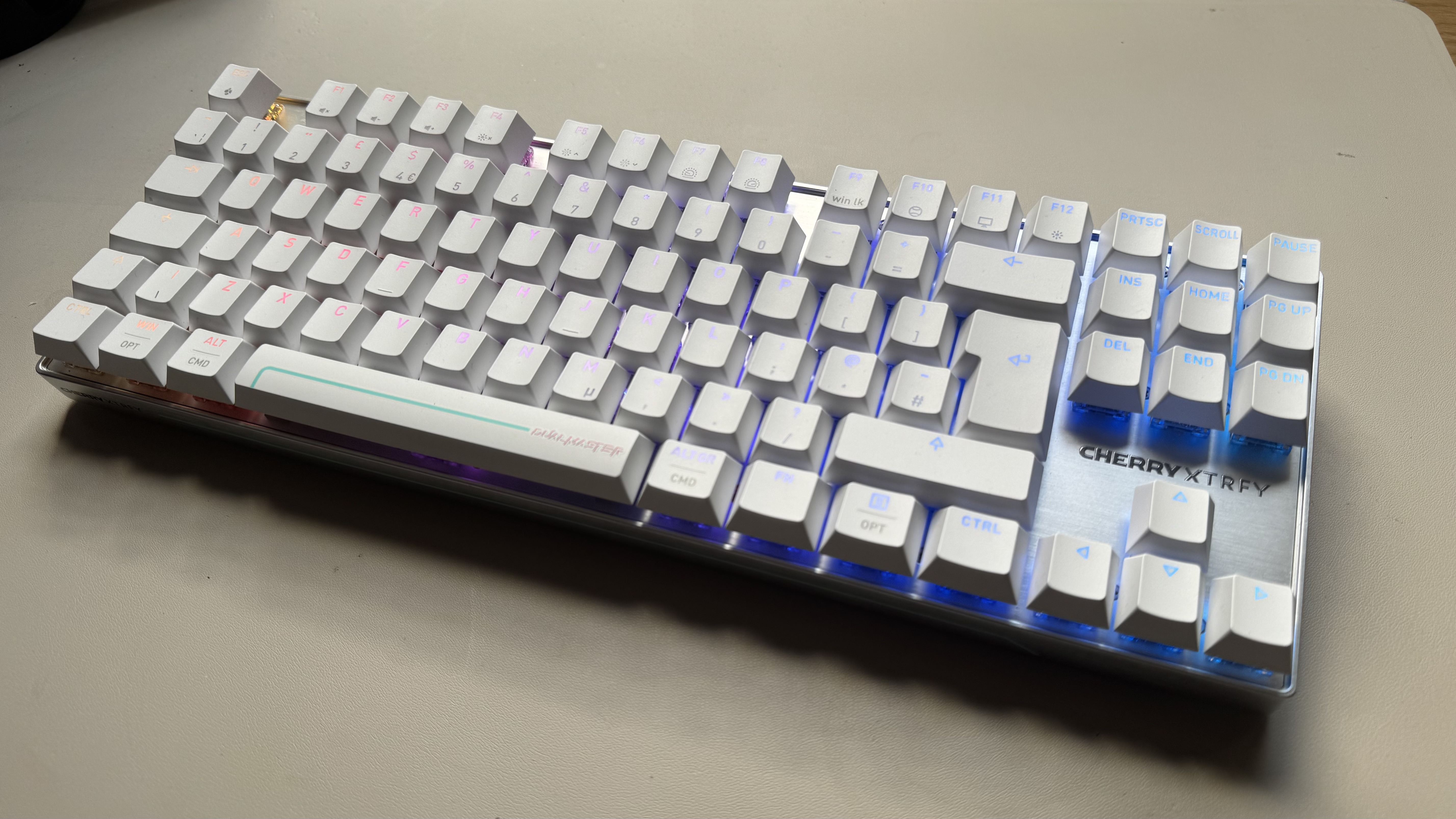China cracks down on online gaming with a curfew and time limits
Minors will barely have enough time for a decent raid.

Keep up to date with the most important stories and the best deals, as picked by the PC Gamer team.
You are now subscribed
Your newsletter sign-up was successful
Want to add more newsletters?
The Chinese government has announced new rules designed to tackle game addiction, banning minors from playing online games, specifically, between 10 pm and 8 am.
Along with the curfew, which will affect all online games being played in China, under 18s will also be restricted to 90 minutes of online gaming during the week, while they can indulge for three hours per day on weekends and public holidays. Barely enough time for a raid.
There are spending limits, too, depending on the player's age. 16 to 18-year-olds can spend up to 400 yuan (£44/$57) per month, while younger players can only shell out up to 200 yuan (£22/$29).
Six measures are being taken, including the curfew, time limits and spending caps. One is stricter rules for real-name registration, which currently uses mobile phones where kids can just use their parents phone to register an account. The new rules require players to provide "valid identity information" if they want to register.
Game companies will need to supervise their players more, too, and companies that don't meet the new requirements will be given a time limit to make changes, possibly leading to licenses being revoked if they don't comply. The government will also be looking into creating a new age rating system, while also training parents and teachers to work with kids on their online habits.
A representative from the State Press and Publication Administration told state-run news agency Xinhua that online gaming satisfied people's need for leisure and is capable of "enriching the people's spiritual and cultural life," but claimed that it causes issues that "affect the physical and mental health and normal learning and life of minors."
This is far from the first time China has clamped down on people's gaming habits. Online games have even been blamed for making children shortsighted, and China's attempted to curb the amount of time people spend online games through various systems. In 2016, regulations were proposed to broadly protect minors online, covering a lot of the same things as the new rules.
Keep up to date with the most important stories and the best deals, as picked by the PC Gamer team.
The following year, state-run media attacked Tencent's Honor of Kings, pressuring the publisher into restricting the amount of time minors could play and introducing a real-name registration programme (thanks, BBC). This didn't stop it from becoming the highest grossing mobile game of 2018, according to analysts at Sensor Tower.
A similar law exists in South Korea, though the shutdown law was scaled back in 2017, leaving it up to parents. It's still a bit more complicated than getting permission to play Destiny 2 from your mum, however, as parents need to apply for permits to allow their kids to play games after midnight.
Read our detailed investigation to find out more about PC gaming in China.
Cheers, CNN.

Fraser is the UK online editor and has actually met The Internet in person. With over a decade of experience, he's been around the block a few times, serving as a freelancer, news editor and prolific reviewer. Strategy games have been a 30-year-long obsession, from tiny RTSs to sprawling political sims, and he never turns down the chance to rave about Total War or Crusader Kings. He's also been known to set up shop in the latest MMO and likes to wind down with an endlessly deep, systemic RPG. These days, when he's not editing, he can usually be found writing features that are 1,000 words too long or talking about his dog.

